Cleaning and Storing Firearms After Hunting Season
Every hunter is guilty of delaying cleaning your deer rifle or duck shotgun after the last day of hunting season. The intention is there to clean it as soon as you can, but life creeps up and more often than not, you never get back to it. Don’t be that hunter. Storing firearms correctly after hunting season is important. It will be months before you shoot them again and proper gun storage and cleaning now will save you time and money next season.
A full hunting season puts a beating on a firearm. Weather, particularly, will cause corrosion and day-to-day dirt and grime will build up during use. The worst thing you can do is to not clean your guns before putting them in the gun cabinet. Improperly stored guns during the off-season will only cost you time, and even money, as you begin to prepare for next season. Utilize these gun storage and cleaning tips now that hunting season is over so that you are better prepared when next season rolls around.
4 Post Season Gun Cleaning Tips
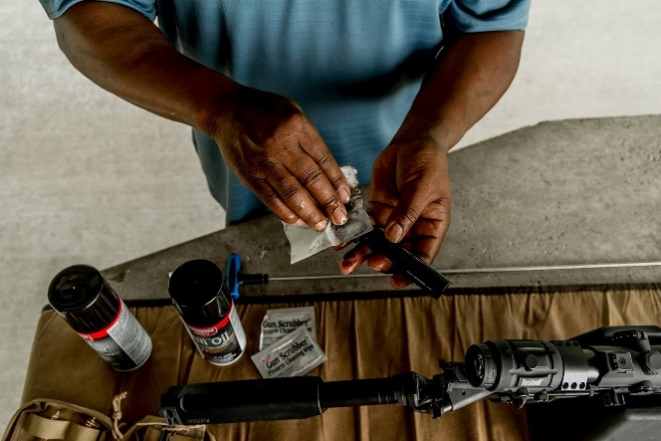 Gun cleaning is something every hunter or recreational shooter needs to be able to do. Throughout the hunting season, you need to be able to maintain your gun’s condition for it to perform at its highest level and shoot accurately. More importantly, post season gun care is more than a simple wipe down. Use these gun cleaning tips when preparing to store your firearms after hunting season.
Gun cleaning is something every hunter or recreational shooter needs to be able to do. Throughout the hunting season, you need to be able to maintain your gun’s condition for it to perform at its highest level and shoot accurately. More importantly, post season gun care is more than a simple wipe down. Use these gun cleaning tips when preparing to store your firearms after hunting season.
Always remember that before starting any gun maintenance, make completely sure the firearm is unloaded. Ammunition should not even be in the same area as your workspace for cleaning firearms. Doing so avoids even the chance an accident could happen. Safety first.
- Understand how to disassemble your firearms – Cleaning your gun after the season must be comprehensive. The first step is to be able to disassemble your gun. Refer to your gun’s manual for each firearm to carefully disassemble it. Breaking down a gun into its components enables you to clean the hard-to-reach areas, such as between the barrel and stock and within the action, which typically gets little attention during the season.
- Focus on key areas – The gun’s action and bore require the most care. Start by running a patch with a light amount of bore solvent such as Birchwood Casey’s® Bore Scrubber®. This will effectively remove all types of fouling and residue while protecting it before its next use. For dirty bores, a brass brush and several solvent patches may be required to clean it thoroughly. Once patches come out clean, run a dry patch and then a final patch with a small amount of gun oil to protect the bore before putting it in the gun cabinet. Next, focus on the gun’s action. Neglecting your action before storing firearms can cause reduced trigger performance and loading and unloaded problems. An old toothbrush and synthetic gun oils in a small spray bottlework best to reach hard to clean places. Be sure to clean away any excess oil prior to reassembling the action.
- Exterior post season gun care – The inside of your rifle is what makes accuracy happen. But the outside isn’t just for looks. The last thing you want is rust build-up on the exterior of the bore. Treat the exterior portion of the bore with high-quality corrosion protection like the Hopper Spit™ from Birchwood Casey®. This firearm protectant will provide long-term protection from rust and corrosion during storage. Also, be sure to remove any dirt build-up on the stock. A dry toothbrush works well to break up stuck-on dirt on the stock. Finish it with a damp cloth to wipe it clean before storage. (Click here for a guide on Hopper Spit™ application)
- Inspection – Use this time to inspect your firearms. Look for any noticeable cracks, pits, or other imperfections while cleaning your deer rifle or other guns. Any of these could lead to poor shooting performance or even worse, a serious safety issue come next season. In addition, if you had any issues with jamming or misfires during hunting season, now is the time to visit a good gunsmith. They can make any adjustments or repairs in plenty of time before next season.
Storing Firearms for the Next Season
.png) Regular firearm maintenance is important, but how you store them also makes a difference. First and foremost, you want to have a dedicated gun cabinet or safe for storing firearms. Not only does this maintain the condition of your firearms, but it secures them too. If a dedicated gun safe is not an option, do not store guns in either a soft or hard gun case. The confined area coupled with the padding in most gun cases will trap moisture. Find an alternative gun storage area instead. Keep in mind, however, if your chosen storage location is not a locked safe, then be sure to use individual firearm trigger locks to keep them safe.
Regular firearm maintenance is important, but how you store them also makes a difference. First and foremost, you want to have a dedicated gun cabinet or safe for storing firearms. Not only does this maintain the condition of your firearms, but it secures them too. If a dedicated gun safe is not an option, do not store guns in either a soft or hard gun case. The confined area coupled with the padding in most gun cases will trap moisture. Find an alternative gun storage area instead. Keep in mind, however, if your chosen storage location is not a locked safe, then be sure to use individual firearm trigger locks to keep them safe.
Another gun storage tip is to choose a storage location wisely. Preferably, you should be storing firearms after hunting season in low humidity and a stable temperature area. If that is not possible, then use a moisture absorber in your gun safe to reduce long-term corrosion.
An additional tip when storing firearms is to also use a silicone gun sleeve. Gun sleeves, or gun socks as some call them, keep moisture away from critical gun parts while being stored. This is one of the best ways to prevent rust and corrosion while storing in conjunction with proper pre-storage cleaning.
Finally, remove and clean any slings, removable magazines, or other gun accessories prior to storage and put the gun in a designated gun case or gun safe. Any magazines left in or gun accessories still attached can trap moisture or corrode themselves during the offseason if not properly stored.
Proper post season gun care and storage goes a long way. It is perhaps the best way to make sure every firearm you own functions and lasts as long as it should. These storage and gun cleaning tips will work for all types of firearms. Just remember, storing firearms after hunting season should not be an afterthought. Instead, it is an important practice to prepare for next season.

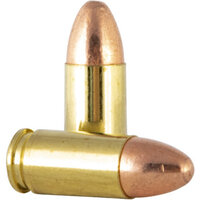
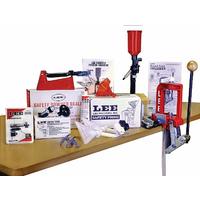
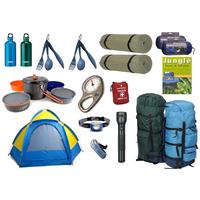
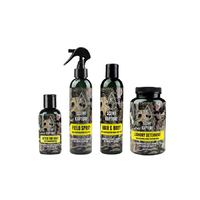
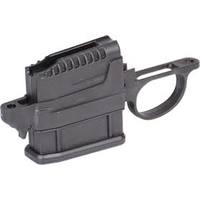
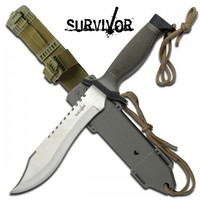
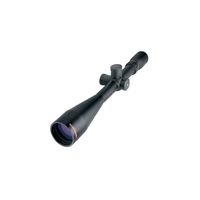
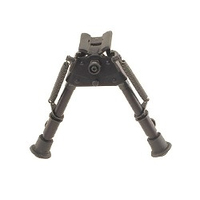

.png)